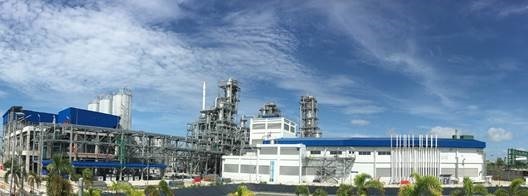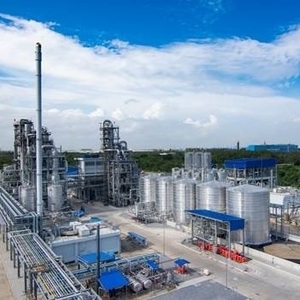Total Corbion PLA starts-up 75,000-ton-per-year bioplastics plant







SOURCE: Total Corbion PLA
December 5, 2018
BY Total Corbion PLA
Advertisement
Advertisement
Related Stories
The U.S. DOE has announced its intent to issue funding to support high-impact research and development (R&D) projects in two priority areas: sustainable propane and renewable chemicals and algal system cultivation and preprocessing.
Sens. Sherrod Brown, D-Ohio, and Pete Ricketts, R-Neb., in August introduced the Renewable Chemicals Act, a bill that aims to create a tax credit to support the production of biobased chemicals.
The Chemical Catalysis for Bioenergy Consortium, a consortium of the U.S. DOE’s Bioenergy Technologies Office, has launched an effort that aims to gather community input on the development of new biomass processing facilities.
USDA on March 8 celebrated the second annual National Biobased Products Day, a celebration to raise public awareness of biobased products, their benefits and their contributions to the U.S. economy and rural communities.
Sens. Amy Klobuchar, D-Minn., and Jerry Moran, R-Kan., on Oct. 26 announced the introduction of a bill that aims to update the USDA’s Biorefinery, Renewable Chemical and Biobased Products Assistance loan guarantee program.





